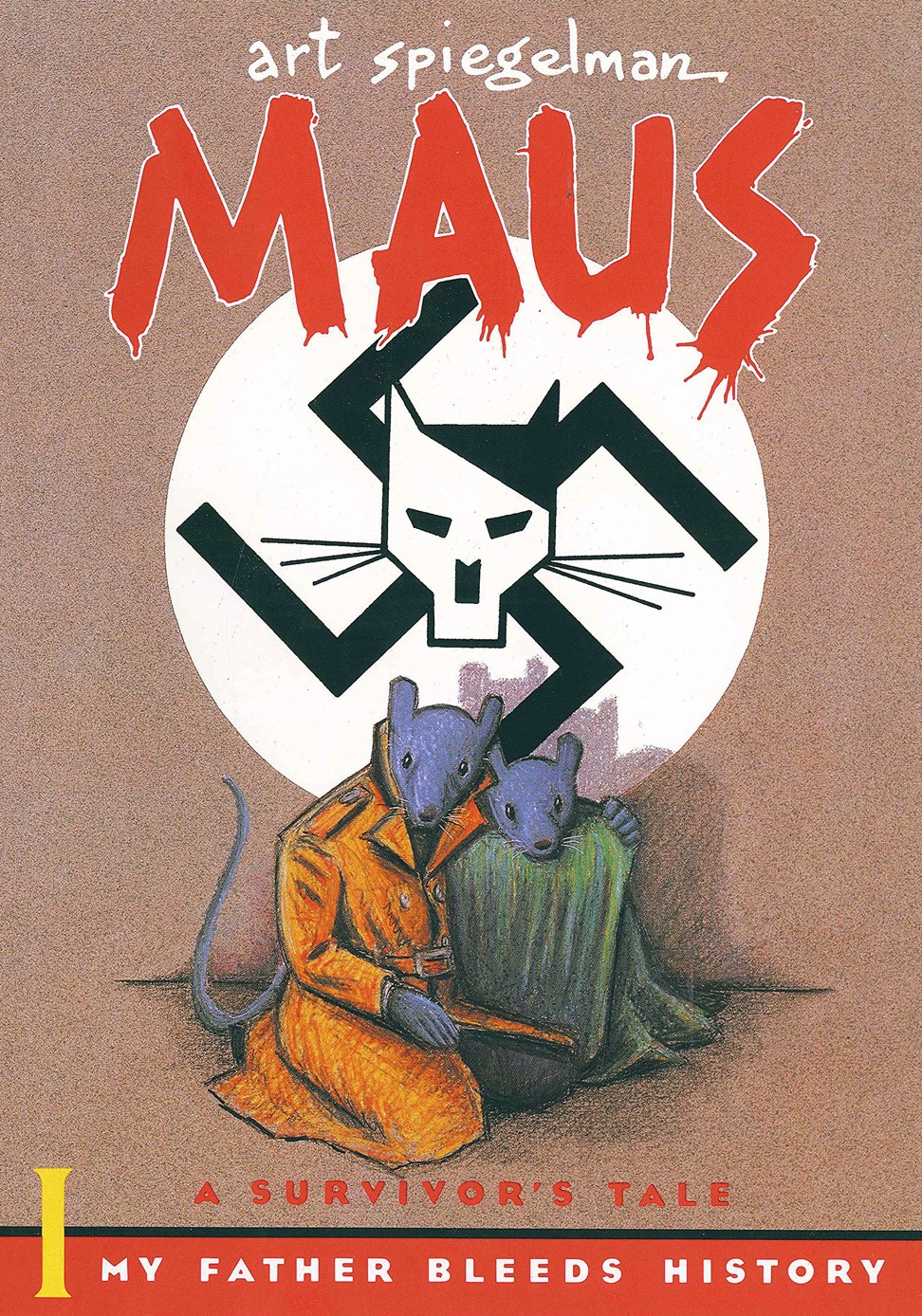
The Holocaust through the eyes of Maus: how Art Spiegelman’s graphic novel changed a Hong Kong vegetarian chef’s life
- Peggy Chan, the restaurateur behind Grassroots Pantry, says the father-and-son story taught her how to channel suffering into something positive
American cartoonist Art Spiegelman’s graphic novel Maus (serialised from 1980 to 1991; published in two volumes – 1986 and 1991) features a fictionalised version of the author interviewing his father about his experiences as a Holocaust survivor. A dazzling mix of genres, including postmodern metafiction, it depicts characters as animals, with Jews portrayed as mice, a daring use of comic form for such a serious subject. Hong Kong-born Peggy Chan, the 34-year-old chef and owner of vegetarian fine-dining restaurant Grassroots Pantry, in Sheung Wan, explains how it changed her life.
I discovered Maus on my brother’s bookshelf. I was 15 or 16 – he’s two years older than me. I guess he ordered it from one of those pamphlets you used to get from bookshops. When I was young, I was always alone. I was introverted – borderline autistic – and spent a lot of time drawing, reading and writing.
At school (in Hong Kong) we were learning about the second world war and Holocaust, and I was intrigued and wanted to find out more. The Holocaust shook me in a way I didn’t understand. I never knew something so tragic could have happened. It made me question humanity.
I picked up Maus because it has a huge Nazi symbol on the front. Reading about it from a comic rather than a textbook meant that it seeped into my brain faster. Told as a story, I could connect with it better.

There was a lot going on in my life at the time – my parents split up, my grandfather died and I stopped eating red meat. I went vegetarian within the next three or four years. I realised that there was a lot of suffering in the world and thought about what I could do to help stop it. Transferring negativity into compassion for others was a way for me to navigate through life.
In Maus, a father is talking to his child and reliving his memories. There are things I’d have loved to learn from my father and grandfather, but I never had that sort of relationship with them. The fairy-tale nature of the book comforted me. The way the son learns from his father in Maus is where my belief in honouring your elders comes from. When my father left communist China to come to Hong Kong for a better life, he went through similar things.
I believe in the power of people. If we want to make change, it must start with us. Maus gave me a focus for my compassion. It is always going to be part of who I am and what I believe when it comes to suffering and humanity. How can we channel that into something positive?
That’s my life’s work.

